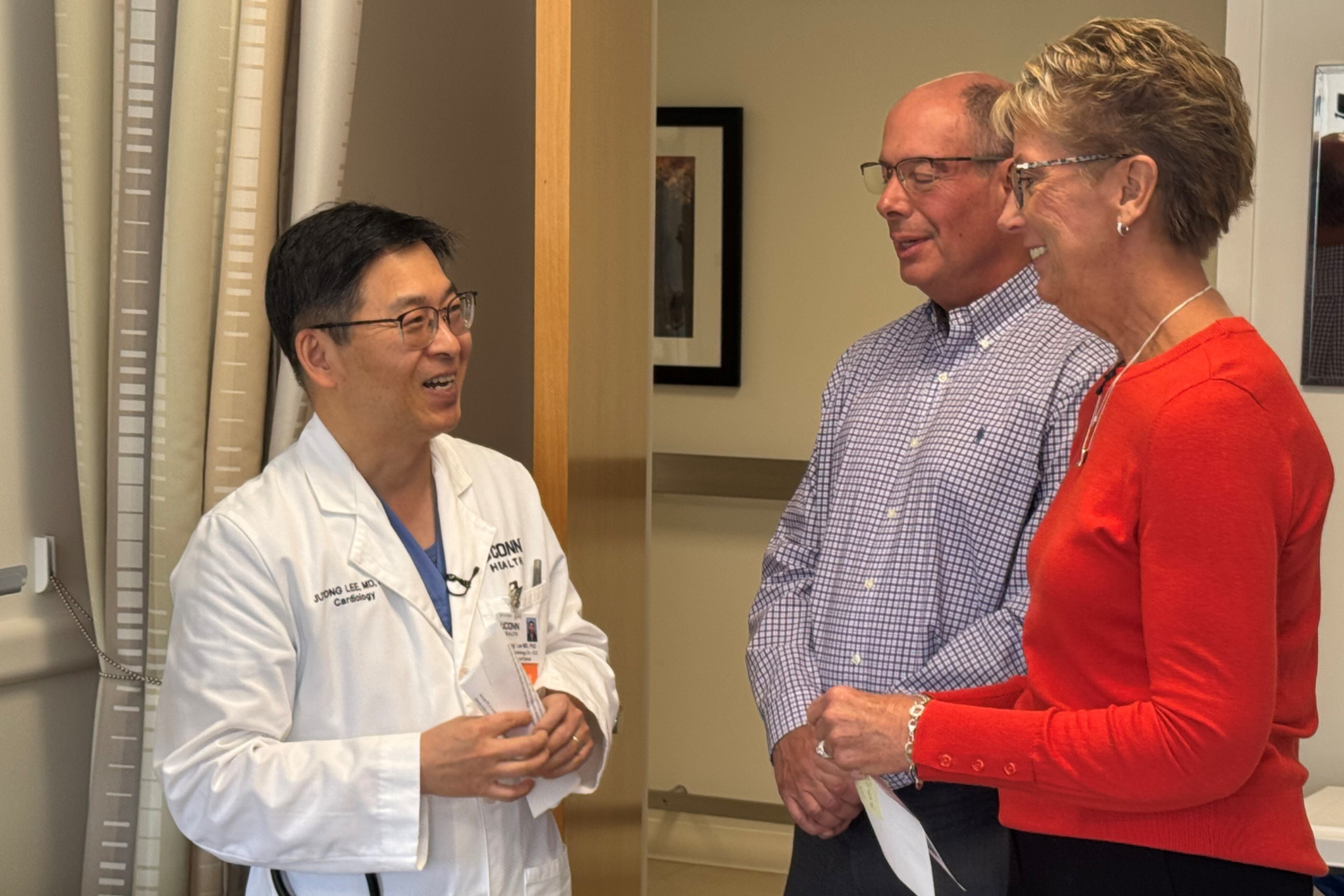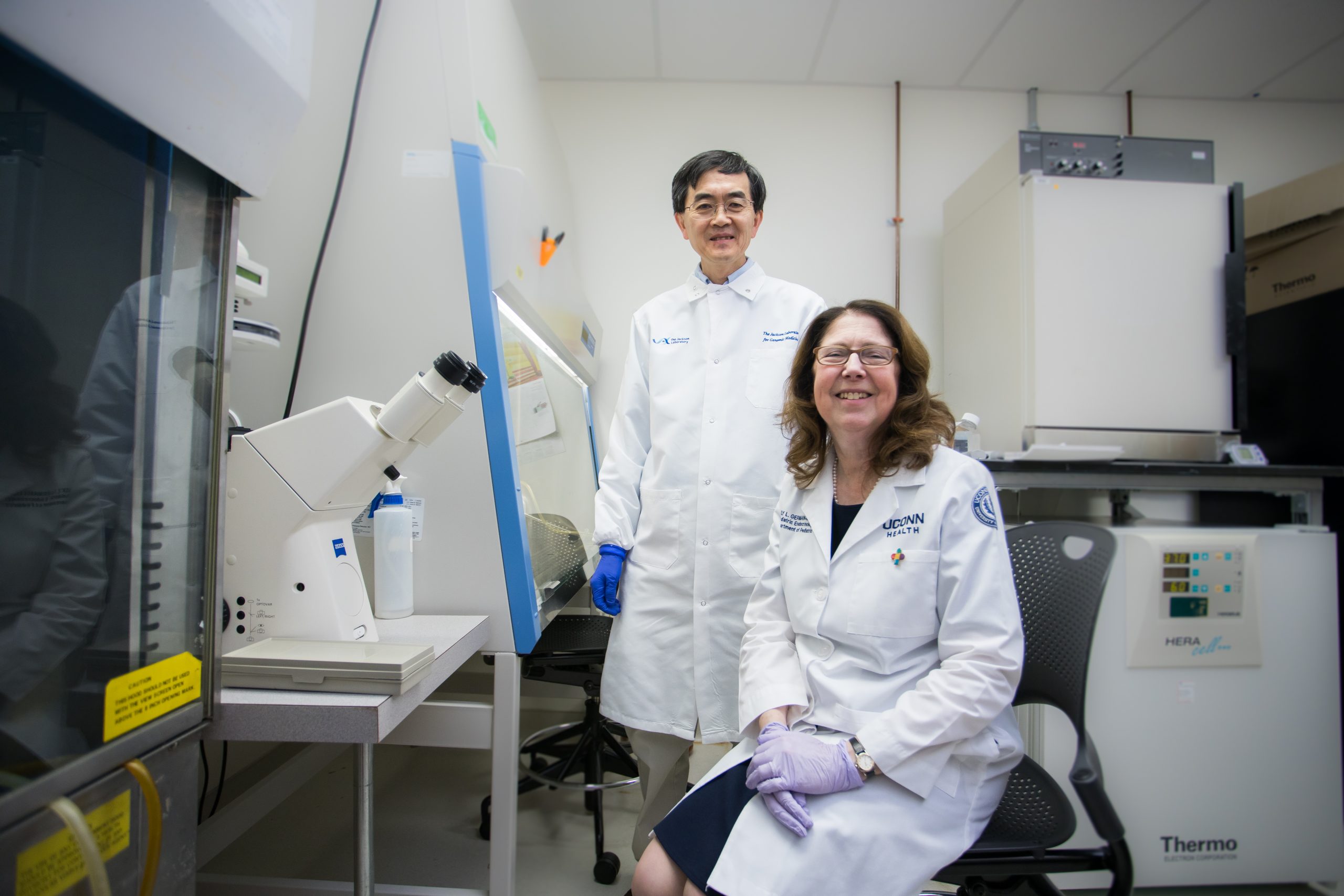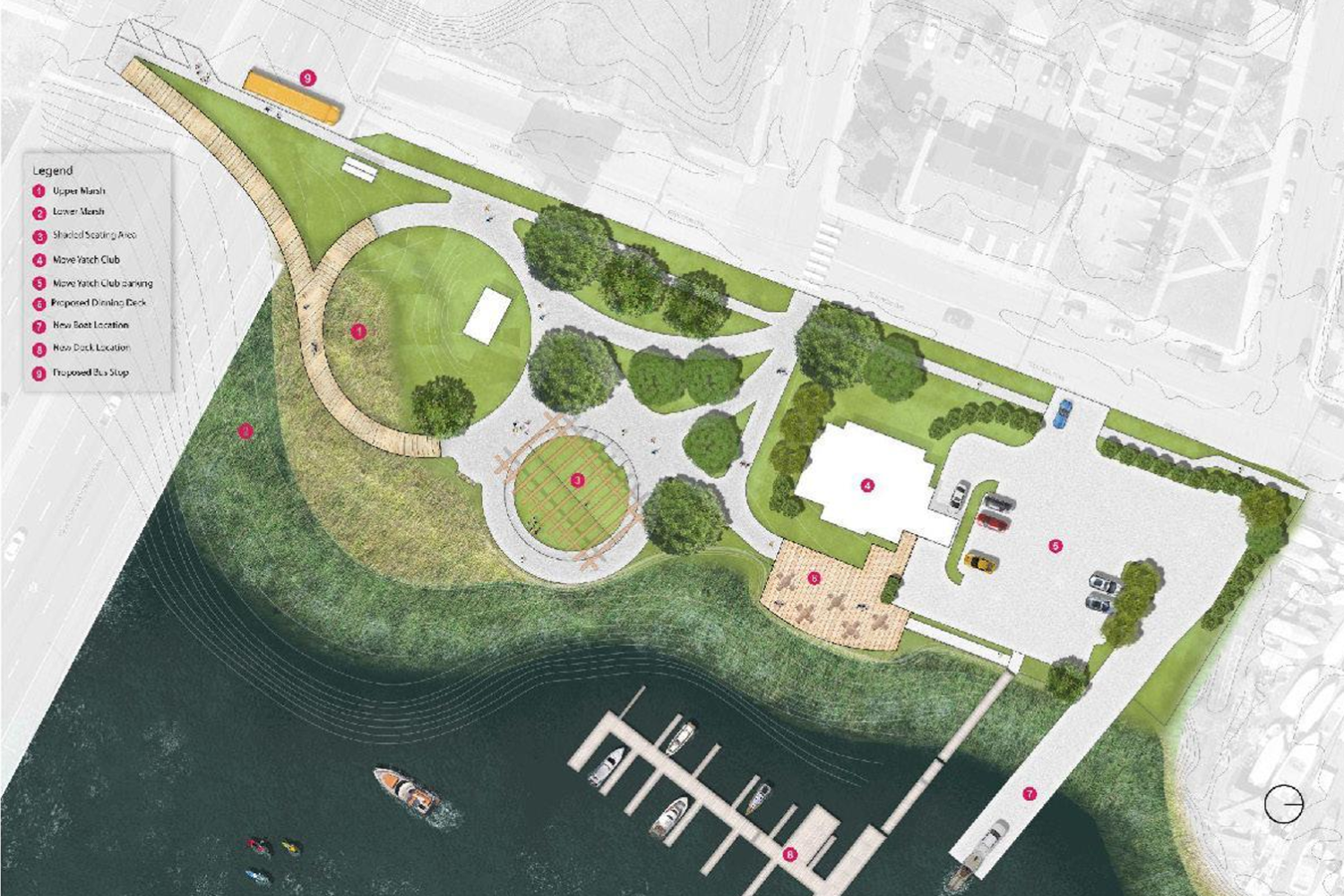Connecticut is currently facing a large shortage of mental health professionals just as state residents need those individuals more than ever following the mental stress and trauma many experienced during the COVID-19 pandemic.
“The levels of trauma, anxiety, isolation, and social anxiety that children and adults are experiencing is unprecedented, and an adequate workforce of trained licensed counselors to meet the need is simply not available,” says Sara Renzulli, assistant professor-in-residence in the Neag School of Education’s Department of Educational Psychology.
To meet this demand across the state and nation, the Neag School has created a new Licensed Professional Counselor (LPC) Certificate program, which was approved by the University’s Board of Trustees earlier this year and is directed by Renzulli.
The 18-credit program is fully online, with all classes and clinical experiences occurring in the summer, and allows graduates to apply to the Connecticut Department of Public Health for their Licensed Professional Counselor-Associate (LPC-A) certification. Once an individual completes the required 3,000 hours of post-graduate supervised counseling work, they can then apply for full LPC licensure, which enables them to open their own practice and charge insurance for counseling services.
The levels of trauma, anxiety, isolation, and social anxiety that children and adults are experiencing is unprecedented, and an adequate workforce of trained licensed counselors to meet the need is simply not available. — Sara Renzulli, assistant professor-in-residence
“This innovative and important new program will contribute significantly to the Neag School of Education’s mission to better support communities across Connecticut,” says Michael Coyne, professor and head of the Department of Educational Psychology. “Our counseling faculty are national experts and scholars who are ideally positioned to lead efforts to address this critical need in Connecticut for high quality licensed counselors.”
The new certificate program is a logical extension of the Neag School’s master’s program in counselor education, which includes much of the content that is required to apply for an LPC certification but not all. The new program will allow students to complete the remaining content areas and internship hours needed for an LPC: professional orientation to mental health counseling; addiction and substance abuse; trauma and crisis counseling; diagnosis and treatment of mental and emotional disorders; and a 600-hour clinical mental health internship. In fact, a small pilot cohort enrolled in the certificate program this past summer and is entirely composed of current counselor education master’s students.
“The certificate is designed to enable current and former graduate students in school counseling, as well as current school counselors, to participate,” Renzulli says. “Therefore, all coursework and clinical internships will be conducted over the summer to best fit students’ schedules. Students can complete the certificate program in a minimum of two summers, but they can also complete it in three or more if flexibility is needed to meet other demands on their time.”
A key component of the program – and LPC-A eligibility – is the 600-hour internship. Renzulli and her colleagues Diandra Prescod and Latoya Haynes-Thoby, who will also teach in the new certificate program, have partnered with Hartford Healthcare to facilitate internships for all certificate students if they don’t have another internship location lined up. Hartford Healthcare is one of Connecticut’s leading providers of behavioral health services and offers unparalleled clinical experiences for UConn’s LPC certificate program students.
Our counseling faculty are national experts and scholars who are ideally positioned to lead efforts to address this critical need in Connecticut for high quality licensed counselors. — Michael Coyne, professor and department head
“We are intentionally doing our part to address a need in our community,” Prescod says. “The LPC certificate program is one that our students have inquired about for quite some time, and we are excited to welcome students into the program.”
“We are excited to support students to provide quality and competent trauma-informed counseling,” Haynes-Thoby adds. “Through training and the facilitation of experiences, we are enthusiastic about the opportunity to equip counselors to respond to the pressing needs of our community.”
The Licensed Professional Counselor Certificate is designed for students who have already completed, or are in the process of completing, a master’s degree in school counseling, school psychology, or very closely related fields at a regionally accredited institution and is accepting applications until Dec. 1 for Summer 2024 enrollment.
To learn more about the UConn Neag School of Education, visit education.uconn.edu and follow the Neag School on Instagram, Facebook, Twitter, and LinkedIn.



